Leaving the Single Market
The EU’s ‘Single Market’ allows the free movement of goods within the member States, providing they comply with the relevant EU Standards and Regulations. But, this system of ‘Free Trade’ within Europe is underpinned by the harmonization of standards and the mutual recognition of Approval Bodies.
The familiar CE mark is used to identify products that comply with European Standards, and although producers may be able to ‘self certify’ some of their products, ‘regulated products’ must be certified by an independent Approval Authority or Notified Body.
Although it can be time consuming and expensive to obtain product approval, once a product has been approved it can be sold anywhere in the ‘Single Market’ because all member states have adopted the same technical standards. Access to an ‘enlarged domestic market’ across Europe can also bring significant economies of scale allowing companies to grow – and confidently invest in new products.
But BREXIT undermines this system of Free Trade with Europe, and will inevitably create problems because the political choices made by the UK Government will have consequences in the real world.
But what are the consequences of leaving?
Outside the Single Market
The UK Government’s decision to leave the ‘Single Market’ and ‘Customs Union’ will have far reaching consequences for the British companies – because the system of harmonized standards and mutual recognition has been abandoned by the UK.
Exporting to Europe
British exports to the European Union must still be fully compliant with European Standards and Regulations, but:-
- The European Union no longer recognizes or accepts CE marks and product approvals issued by the authorities in the UK, on products that are placed on the market or imported after 1 January 2021.
- Producers may therefore need to get their products recertified by another approval agency in the EU, or withdraw from the European market
UK companies exporting to Europe will also need to appoint an authorized representative inside the EU – or establish a European subsidiary, because companies that import goods into the European Union and ‘place them on the market’ are responsible for compliance with all relevant European requirements, and are liable for any defects in those products. So they must be subject to European Law, and ‘resident in the EU’
Supplying UK markets
We have now left the single market and established our own régime for product approval – replacing the CE Mark – with a new British mark of approval – the UKCA mark.
The new requirements, which apply to UK producers and importers are explained in the following government guidance:-
Placing manufactured goods on the market in Great Britain – GOV.UK (www.gov.uk)
It is important to note that:-
- The new system takes ‘immediate effect’ for any new products that are being introduced to the UK or European market after 1 January 2021.
- Products that were already ‘on the market’ and CE Marked before 1 January 2021 can continue to be supplied in the UK until 31 December (unless there is a change in the Technical Requirements).
- So, producers and importers must take action to recertify their existing products to UK Standards before 31 December 2022 and may require the services of a UK test house or Approval Authority to obtain certification and apply the new UKCA mark.
- Companies that import products from the EU (or anywhere else) will be responsible for compliance with UK product standards and will also be responsible for any product recalls and liability claims caused by product defects. So European companies supplying the UK will need to establish a UK subsidiary or appoint an official representative in the UK.
- The product and / or packaging must identify the Producer or Importer responsible for compliance with legal requirements in UK (or European) market, with their contact details.
There are separate rules and regulations for Northern Ireland, which are explained in the official guidance, but this may require ‘dual certification’ of products supplied there.
As far as I am aware, none of the free trade agreements negotiated with other countries include mutual recognition of the new ‘British System’ or the UKCA mark – although that may be addressed in the future.
This article will be updated as we learn more….
